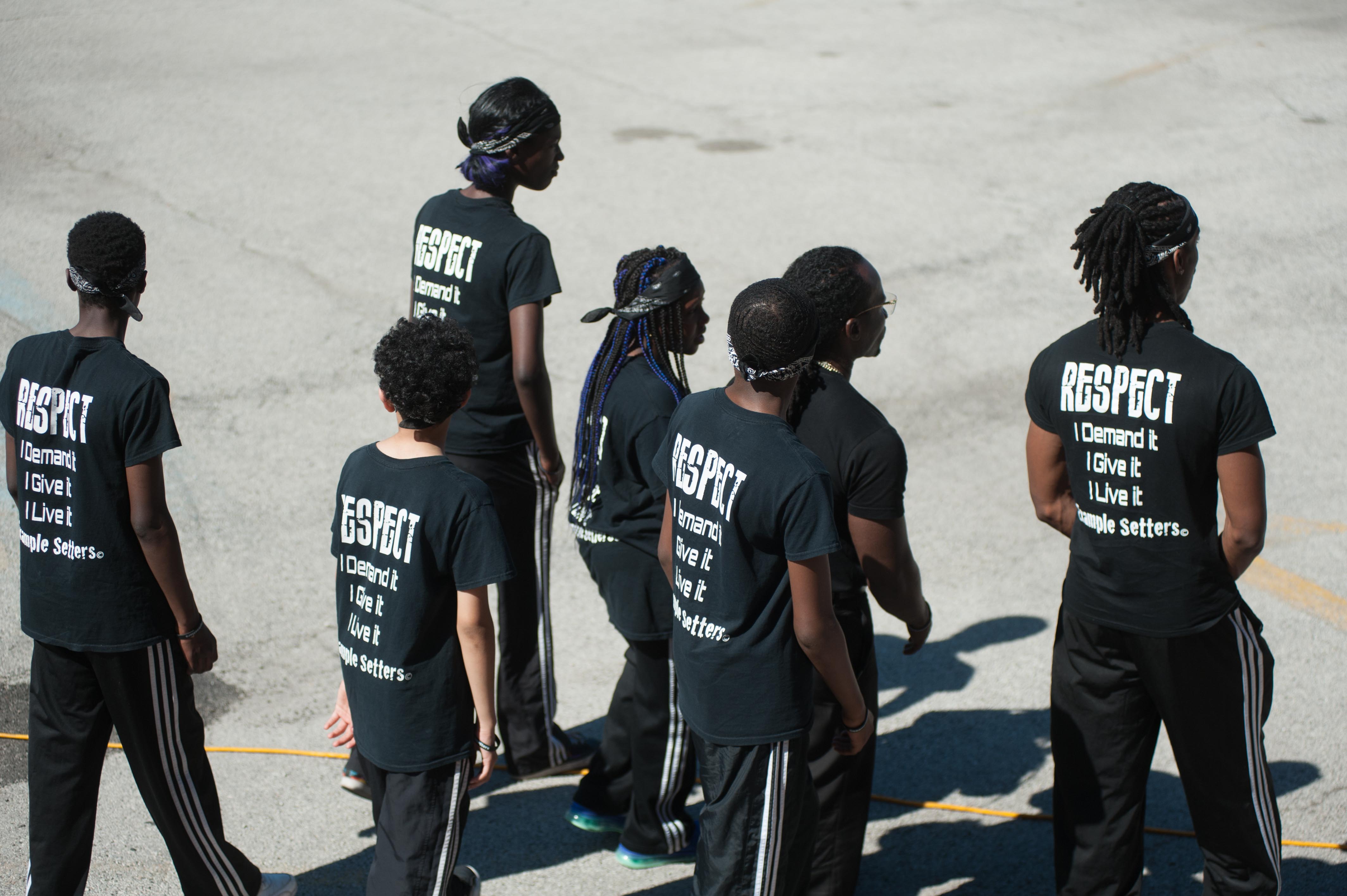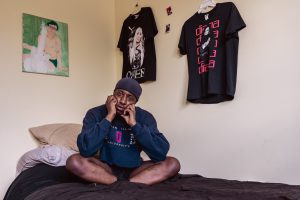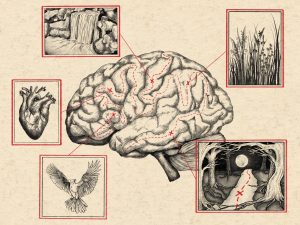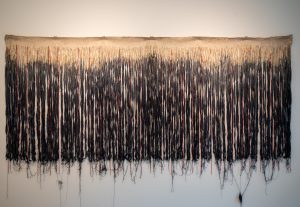“On the whole, people tend to take prisons for granted. It is difficult to imagine life without them. At the same time, there is reluctance to face the realities hidden within them, a fear of thinking about what happens inside them. Thus, the prison is present in our lives and, at the same time, it is absent from our lives.” -Angela Davis, Are Prisons Obsolete?
Sitting in the heart of the Chicago South Loop is the Metropolitan Correctional Center, a federal prison less than a mile from Grant Park. Every day, thousands of people walking to work, class, the Art Institute, or even a festival like Lollapalooza are unknowingly passing 663 people awaiting trial or serving out their prison sentences.
Envisioning Justice, a two-year initiative organized by Illinois Humanities, aims to spur a “citywide conversation about the impact of incarceration in local communities.” To this end, Envisioning Justice was awarded $1,500,000 by the MacArthur Foundation as part of its Safety and Justice Challenge, which “seeks to reduce over-incarceration by changing the way America thinks about and uses jails.” The Safety and Justice Challenge focuses on the “overuse and misuse” of jails (as opposed to prisons) and identifies four major problems within them: the over-representation of nonviolent offenders, over-representation of people of color and poor people, excessive pretrial lengths of stay, and the disruption of communities leading to recidivism.
At the core of the Envisioning Justice programming are seven organizations that already employ a creative lens in their work at Cook County Jail, the Juvenile Temporary Detention Center, and in five neighborhoods heavily impacted by incarceration (Back of the Yards, Bronzeville, Little Village, North Lawndale, and Rogers Park). These community hubs use arts education as the primary vehicle to address trauma, provide reentry support, reduce recidivism, and develop alternative justice models (more on each organization below). To center this work in the broad conversations of the Envisioning Justice initiative, Sixty Inches From Center has commissioned a team of writers and photographers to spend time with each organization and document its work over the course of the residency.
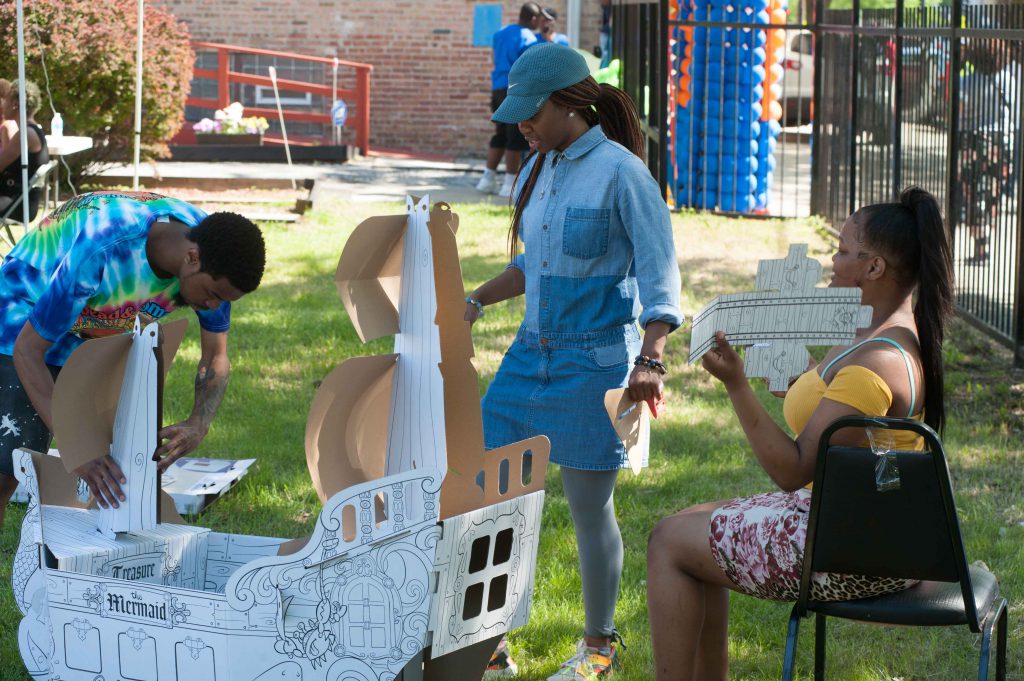
On April 4, the School of the Art Institute of Chicago and Illinois Humanities hosted a panel discussion titled “Redesigning the System” that was moderated by Carroll Bogert, a journalist and president of the nonprofit news organization the Marshall Project. The speakers in attendance were artist and activist Sarah Ross, State’s Attorney Kim Foxx, Cook County Board President Toni Preckwinkle, Chief Judge Rubén Castillo and vice president of Fifth Third Bank Jeff Korzenik.
For the most part, the conversation echoed the MacArthur Foundation’s appraisal of the problems of the criminal legal system. However, the question of how the criminal legal system could be redesigned eventually came up. Ross — who works with the Prison + Neighborhood Arts Project — had a succinct answer that went unnoticed, or at least unacknowledged, by her fellow panelists.
“I actually think we know what we need to do to change the system, but we don’t have the political will yet to do it,” she said. The implications of Ross’s response dig at the potential impact of this two-year initiative, pointing toward where time, attention, and money ought to go.
To Ross’s point, the violence and injustice of the criminal legal system have long been public knowledge. A few local resources include an exploration of police misconduct allegations via the Invisible Institute, the Department of Justice’s 2017 probe of the CPD in the South Side Weekly and how much the city spends on incarceration per city block in the Million Dollar Blocks project. For a history of prisons and prison abolition, peruse the syllabus published by Black Perspectives (or read the book by Angela Davis quoted in the intro to this article!). But even among those that do study and intimately work within the field — as employees in the system, activists, journalists, and attorneys — there are fundamental disagreements about what to do with that knowledge.
“Re-imaging means thinking prevention — thinking of ways that I am not the gatekeeper of the mental health system, of the public health system, of the child welfare system — where those services and those solutions are based in community and not in jails,” said Foxx during the April 4 event. As Cook County State’s Attorney, Foxx oversees the second largest prosecutor’s office in the country.
Foxx, Preckwinkle, and Castillo all spoke of the disproportionate population of Black and Brown people in Cook County jails and the systematic disinvestment in poor neighborhoods that contributes to a cycle of incarceration. They identified areas where reform measures could reduce the number of people in jails and prisons, including investment in other public services, mandatory sentencing policies, pretrial bail bond, and reentry programs.
Reforms of those kinds are necessary. Reforms alone, however, leave out too many incarcerated people.
Video: The panel discussion at the Art Institute. From left to right, the people on stage are Carroll Bogert (moderator), State’s Attorney Kim Foxx, Cook County Board President Toni Preckwinkle, Chief Judge Rubén Castillo, activist Sarah Ross, and vice president of Fifth Third Bank Jeff Korzenik The video runs approximately 84 minutes.
“Redesigning the system means looking at people who have long term sentences and addressing the harm and violent crimes that they might have caused,” said Ross, who works as a teaching artist at Stateville Maximum Security Prison. “Even, tomorrow, if we let out everyone who has a nonviolent drug offense in the United States, we would still have mass incarceration, at 700,000 people or more.”
Prison is a fundamentally unjust and miserable place, Ross continued, even for the people who have caused terrible harm. And those people need to be accounted for. When the question of prison abolition was raised during the audience Q&A, Foxx — who spoke about witnessing the impact of incarceration on her family and neighbors while growing up in Cabrini-Green — said, “There is a small segment of our society that engages in behavior that does not make folks safe. What we’ve done with our prison industry is perversely amplify who those folks are.”
Yet Ross stressed that society needs to figure out how to hold people accountable without “permanently condemning them to what people at Stateville say is a ‘living grave.’”
“So we have to think about how we live with grief and how do we heal trauma,” Ross continued.
In Are Prisons Obsolete?, Davis reminds us that the modern penitentiary is the result of late 18th-century prison reform. (Whereas jails were previously used as the prelude to corporal punishment, early American reformists such as Benjamin Rush invented the penitentiary such that imprisonment became the punishment itself). The prison is a historical artifact, intentionally structured with a particular vision of justice. New systems of justice are possible, necessary and currently being developed.
Over the next five months, Sixty Inches From Center will publish the reports of writers and photographers who are spending time with organizations and people who don’t take prisons for granted, who know what is needed to change the system, and who are actively asserting a political will to do so.
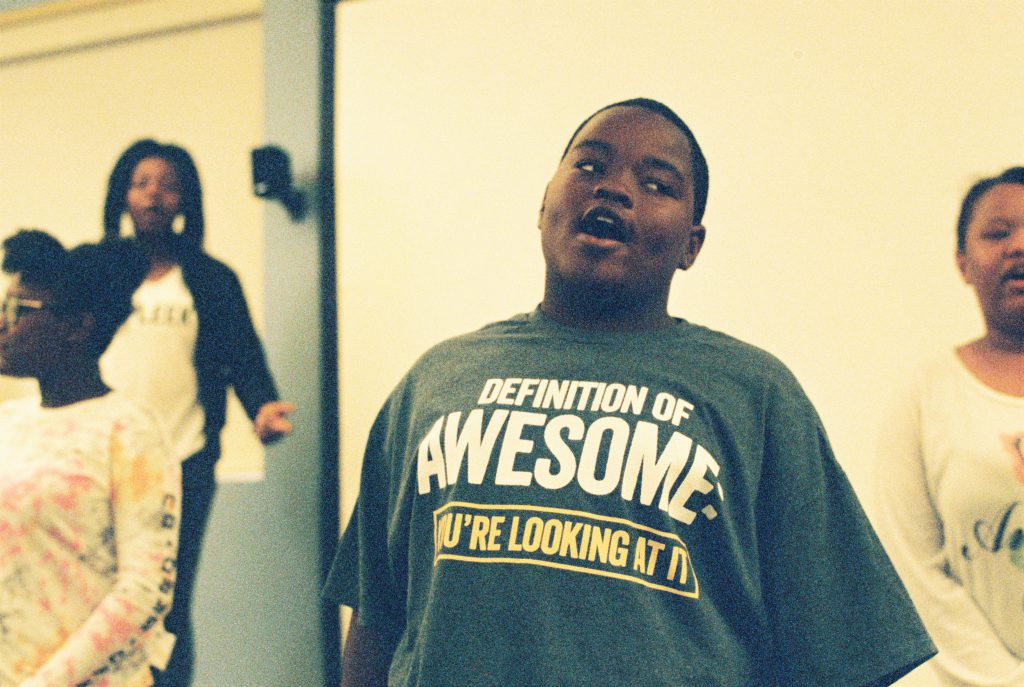
SkyArt/Just Art (Cook County Department of Corrections): Just Art is built around a weekly studio art session for artists currently detailed by Cook County Jail in order to reshape the carceral experience. SkyArt provides free, safe, creative spaces for young people based in South Chicago. Through the Envisioning Justice initiative, Just Art is expanding its existing arts education programming in Cook County Jail, and Sky Art is implementing programming at the Cook County Juvenile Detention Center.
Free Write Arts & Literacy (Cook County Juvenile Detention Center): Free Write Arts & Literacy engages incarcerated and court-involved youth in literary, visual, and performing arts. Through educational and career development, Free Write works to reduce recidivism and center the voices of incarcerated youth in public discourse.
The #LetUsBreathe Collective (Back of the Yards): Founded by an alliance of artists and activists, #LetUsBreathe Collective organizes through a creative lens to create a world without prisons and police. The Collective operates the #BreathingRoom space, a Black-led liberation headquarters for arts, organizing, and healing, in Back of the Yards.
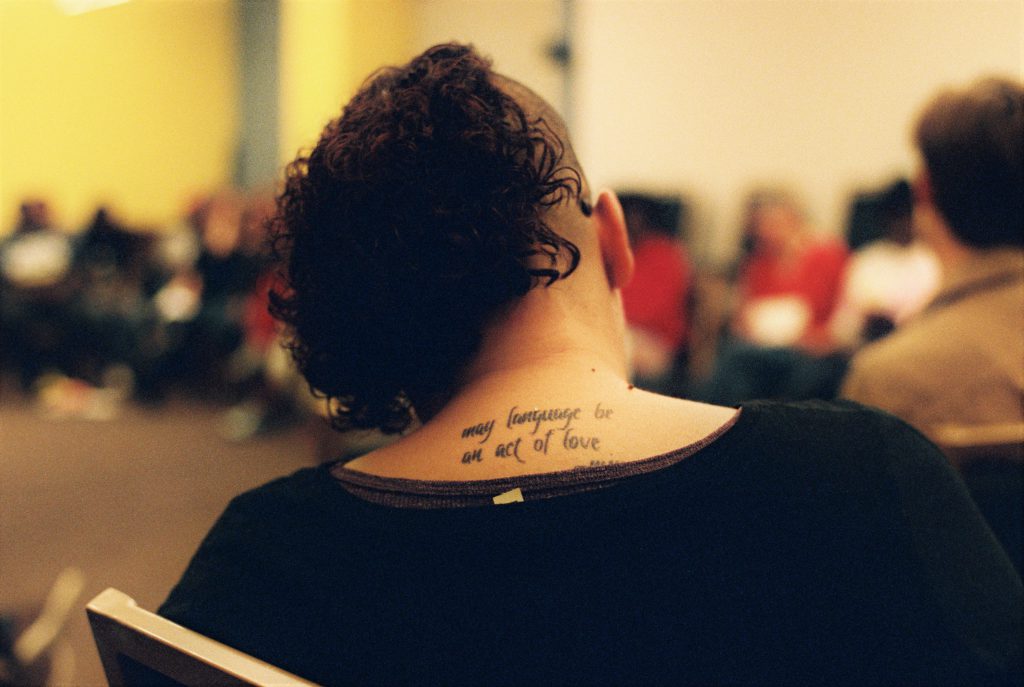
BBF Family Services (North Lawndale): BBF Family Services provides crucial social services to improve the quality of life for North Lawndale youth and their families. In partnership with Urban Gateways, BBF Family Services provides arts education in a safe, stable, and nurturing environment.
Circles & Ciphers (Rogers Park): Circles & Ciphers uses hip-hop and the restorative justice peace circle model to collectively heal and abolish the prison-industrial complex. Circles & Ciphers is led by young people impacted by violence.
Bright Star Community Outreach (Bronzeville): Bright Star Community Outreach is a community advocacy nonprofit that provides services that address trauma, mental health, and economic poverty on the South Side.
OPEN Center for the Arts (Little Village): OPEN Center for the Arts provides a space in La Villita for all artists to share, showcase, and develop a creative practice while connecting to the community.
_
This article is published as part of Envisioning Justice, a 19-month initiative presented by Illinois Humanities that looks into how Chicagoans and Chicago artists respond to the the impact of incarceration in local communities and how the arts and humanities are used to devise strategies for lessening this impact.
Featured Image: Standing on the blacktop with their backs to the camera, a group of young people are photographed from the back at the Bright Star Block Party. Their T-shirts read, “Respect. I demand it. I give it. I live it. Example setters.” Photo by Tony Smith
 Starting from the proposition that art-making is world-making, Sasha Tycko combines community organizing and curatorial work with writing, music, and performance. Tycko is a founding editor of The Sick Muse zine and an administrator of the F12 Network, a DIY collective that addresses sexual violence in arts communities. Find more on IG @t_cko. Photo by ColectivoMultipolar
Starting from the proposition that art-making is world-making, Sasha Tycko combines community organizing and curatorial work with writing, music, and performance. Tycko is a founding editor of The Sick Muse zine and an administrator of the F12 Network, a DIY collective that addresses sexual violence in arts communities. Find more on IG @t_cko. Photo by ColectivoMultipolar
